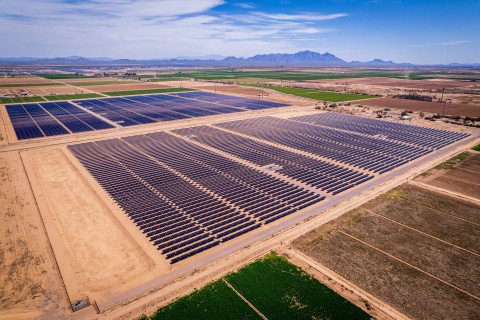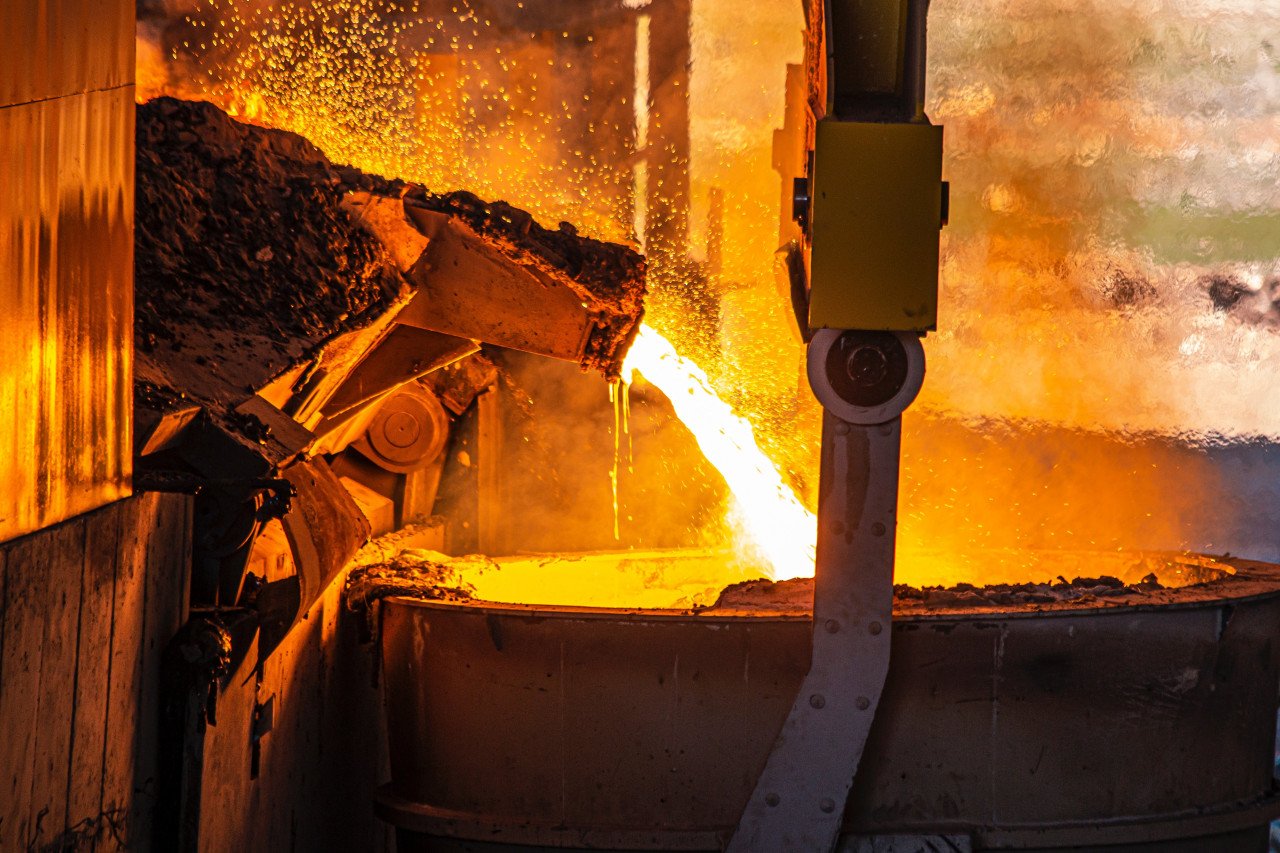German industrial major Thyssenkrupp will invest around €3 billion to set up a green steel plant in Duisburg, the German government announced. Over €2 billion of that includes government subsidies. The project, dubbed "tkH2Steel", is at the center of Thyssenkrupp's moves to decarbonize its steel manufacturing process. It is expected to start operation in 2026. The steel sector accounts for 6-9 percent of global greenhouse gas emissions, prompting manufacturers from Tata Steel to Hitachi to test decarbonization technologies.
Spain's Iberdrola sold 49 percent in an under-development wind farm off the coast of Germany to Abu Dhabi's Masdar for $415 million. The 476 MW Baltic Eagle project is estimated to require an investment of $1.5 billion. Iberdrola will retain 51 percent in the Baltic Eagle and manage it upon completion. The company is selling stakes in projects to raise funds, and plans to invest $150 billion by 2030. Last month, it raised €1 billion ($1.1 billion) to fund solar and onshore wind projects across Europe.
Europe's increased spending on solar power is good news for companies that manufacture solar equipment. Critical-component makers such as SolarEdge and Enphase, which make solar inverters, are expected to see quarterly profits jump more than 50 percent. Demand from the residential sector is among the key drivers: Germany, one of the biggest markets, added 160,000 residential solar systems in the first quarter of this year, almost two-and-a-half times what it added the year before. The money comes back though: IEA says the continent has saved almost €100 billion over three years thanks to renewables.
Volkswagen announced tie-ups with Chinese EV company Xpeng and carmaker SAIC to build new models and co-create car platforms for the Middle Kingdom. The company said it will partner with Xpeng to launch two models in the middle-class segment from 2026. They will have VW badges but come with Xpeng's software and autonomous driving programs. China accounts for a fifth of Volkswagen's EV sales globally, but numbers for China fell marginally in the first half of this year.

Malaysia's reNIKOLA eyes $440 million spend to expand RE footprint across Southeast Asia
Read More

